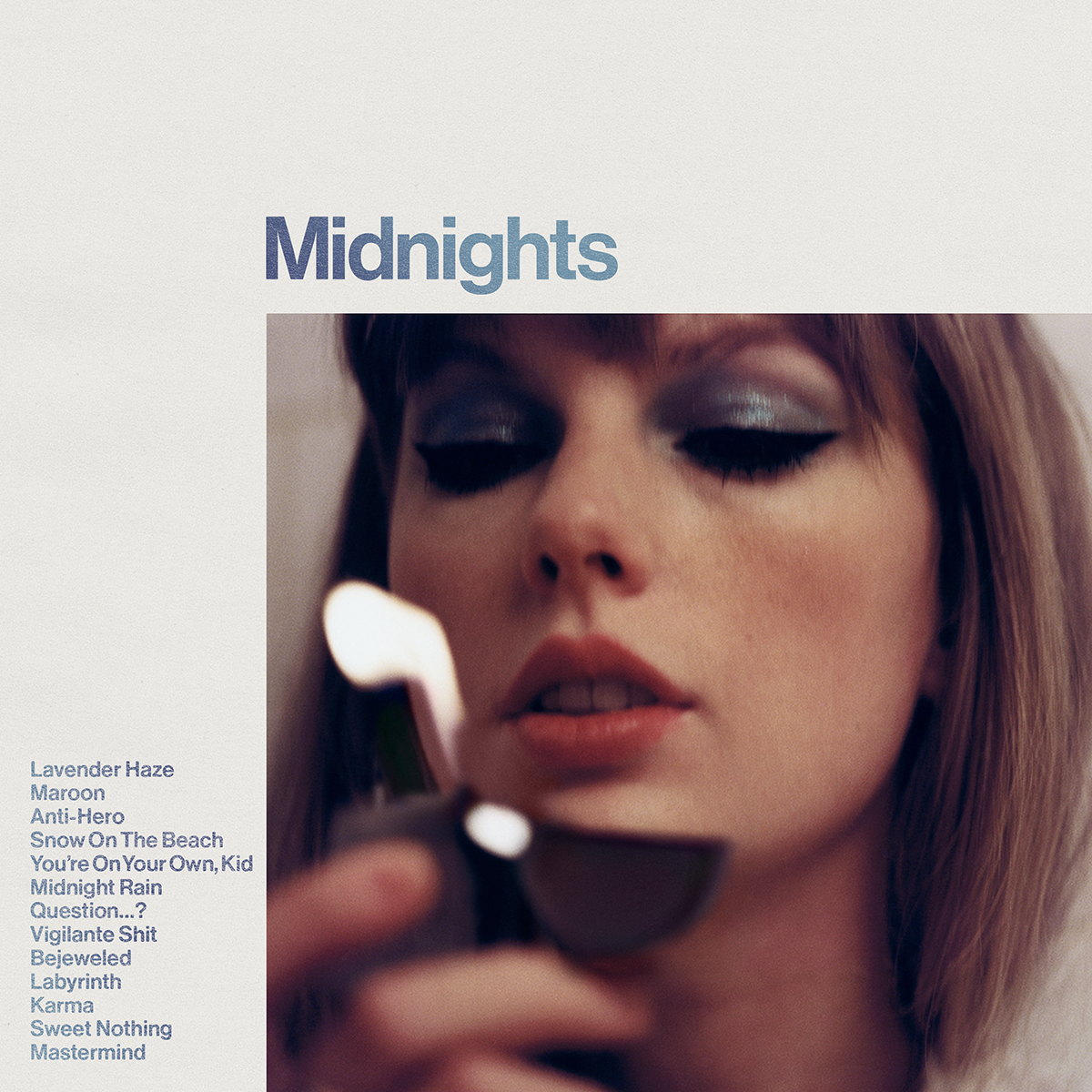Album review: Declan Mckenna strikes sonic gold in ‘What Happened to the Beach?’

In a field, Declan McKenna holds out a metal detector with a blue sky and two cows in the background. The indie-rock artist released his third album, “What Happened to the Beach?” on Friday. (Courtesy of Tomplicated Records)
“What Happened to the Beach”
Declan McKenna
Tomplicated Records
Feb. 9

By Victoria Munck
Feb. 9, 2024 6:18 p.m.
This post was updated on Feb. 11 at 10:25 p.m.
The search for buried treasure is over – Declan McKenna’s latest record is worth its weight in gold.
Alleviating an almost four-year drought since the release of his last LP, the English indie-rock musician’s third studio album “What Happened to the Beach?” crashed ashore Friday with a near-perfect splash. McKenna rose to fame at 16 with his soft pop song “Brazil” – a melody that lives on as the soundtrack to many a “Get Ready With Me” TikToks today – but his newest release introduces listeners to a bolder, fully matured artist who is completely confident in his own sound. With his most eccentric and meticulous production yet, “What Happened to the Beach?” quite literally defies expectations with each passing minute yet remains grounded, with the compelling vocals and authentic lyricism that brought McKenna stardom, rounding out an otherworldly sound that transports audiences to true paradise.
With a fitting title, introductory number “WOBBLE” has a shaky start, opening with a folk-like, plucking guitar melody that feels abnormal for McKenna’s discography. However, as the song develops with sharp drums and modulating keys, it becomes clear that it effectively sets the tone for the sonic experimentation that will characterize the album. Its soft but smiley beat serves as a smooth transition into “Elevator Hum,” a quintessential indie track with pleasant, gliding horns. McKenna’s literal hums traverse the delicate verses, building a playful spirit that encourages listeners to live with unimpeded joy.
After this, McKenna momentarily departs from a distinctly modern sound. Though he often evokes a heartwarming sense of nostalgia in his records, a 1960s influence is especially evident in the songs “I Write The News” and “Sympathy.” The former title, which beautifully opens like a down-to-earth acoustic-style demo, falls flat once McKenna opts for a speak-singing performance midway through. Nonetheless, the lead single “Sympathy” stands out as an instant classic, ushered in with grand brass instruments and militant drums. With boisterous vocals and the bounce of a beach ball, the high-energy song could easily pass as a long-lost track from The Beatles’ “Sgt. Pepper’s Lonely Hearts Club Band,” yet it simultaneously feels as innovative as ever.
[Related: Grammys shine in rose gold as women take center stage at 66th annual award show]
As the album continues, McKenna makes a point to weave this sense of exhilaration through multiple pieces. In “Mulholland’s Dinner and Wine,” he shares the narrative of a wild evening on the West Coast, backed by snappy percussion to complete the carefree Los Angeles vibe. Brilliant production work allows his breathy vocals to feel distant, skillfully contributing to the overarching theme of drug use. “Mezzanine” similarly has a bright sound, resembling a summer day, albeit less hectic. In its captivating bridge, McKenna dulcetly drags out his words to keep listeners hanging on to every note.
Other tracks are less cheerful, however, and instead call back to McKenna’s acclaimed impassioned outcries, like his 2019 protest single “British Bombs.” On this record, “Nothing Works” utilizes commanding rock elements, including a crisp electric guitar to support the singer’s frustration with conforming to social norms. Stacked, staticky vocals make vulnerable lyrics such as “I feel wrong, I feel rehearsed / I try to fix myself but nothing works,” hit even harder, making this one of the best titles on the album.
Most often, intricate production from McKenna and collaborator Gianluca Buccellati is what breathes life into the collection and sets it apart from the rest of his discography. “Breath Of Light,” for instance, combines metallic-sounding instrumentation with reverberant, distorted audio to carry audiences through an almost supernatural state. Two tracks later, “The Phantom Buzz (Kick In)” comparably demonstrates McKenna’s mastery of his sound. Paralleling a smoking experience, the song provides listeners with their own sort of high, starting off with a sonorous riff to immediately latch onto its consumers.
[Related: Q&A: Declan McKenna discusses confidence, ’70s influence in sophomore album ‘Zeros’]
Despite this, McKenna steps away from the flashy production for his penultimate number, “It’s an Act,” and in doing so, presents one of his best songs to date. À la the devastating “Eventually, Darling” on his upbeat sophomore album “Zeros,” the musician winds down his sonic vibrance to have an intimate moment with the audience. He addresses a listener who is suppressing their misery to please others, singing the heart-wrenching lyrics, “It’s always you to sing the happy song / So breathe it in and see what’s real / It’s not like you to mention how you feel.” Delivered with McKenna’s iconic, quavery vocals, it is an instant tear-jerker and a stunning testament to his unifying authenticity.
In many ways, “It’s an Act” feels like the true conclusion to the record, as the final track, “4 More Years,” ends abruptly at only 48 seconds. Regardless, the song leaves audiences with innumerable interpretations – a common facet of McKenna’s artistry. After embarking on a full, emotional journey throughout the album, the ending comes as a shock, but it is also somewhat satisfying, like a sign that new music will pick up from the cutoff point.
Encapsulating the evident growth and inspiring self-confidence of a young trailblazer, McKenna’s “What Happened to the Beach?” proves to have been well worth the wait. His refusal to be confined to a genre-specific box has allowed him to develop his own transcendent sound in this cohesive album, and the fruits of his brazen expressiveness will undoubtedly inspire a wave of releases to come.
With groundbreaking experimentation and a tender heart, whatever happened to the beach should probably keep happening.






